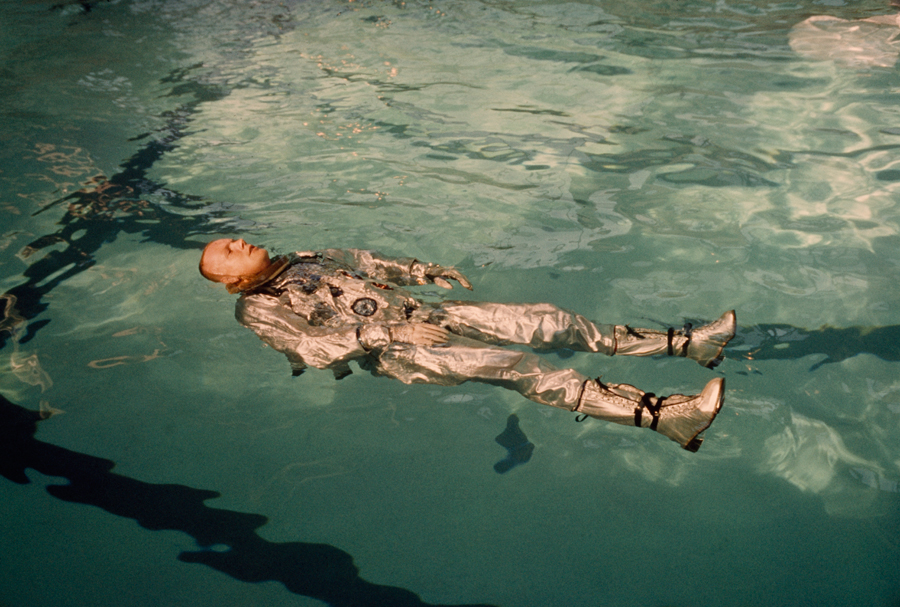When astronauts have familiar sensory experience removed, the mind can travel into itself even as the whole person rushes into the outer space. The body is, of course, also prone to these dramatic shifts in environments during interplanetary travel, and peopled missions to Mars will go beyond all previous boundaries.
Cosmonaut Gennady Padalka’s 887 days total in space, NASA’s twin study and its “One-Year Crew” astronaut-isolation experiment that just began in Hawaii, are some of the test runs for trips to Mars.
From Chris Arridge at The Conversation:
The mind in space
NASA’s One-Year Crew is also undertaking a study of the psychological effects of living in a confined environment for an extended period of time. Studies have revealed a number of psychiatric problems during space travel, mostly transient anxiety, depression, and psychosomatic responses such as toothache, prostatitis, and cardiac arrhythmia.
Astronauts have also reported missing the Earth. Following his flight in 2010, [Mikhail] Korniyenko said: “The thing you miss there most of all is the Earth itself. I missed smells. I missed trees, I even dreamt of them. I even hallucinated. I thought I smelled a real fire and something being barbecued on it! I ended up putting pictures of trees on the walls to cheer up. You do miss the Earth there.” . However, the effect of looking down on Earth and appreciating its beauty has a strong positive reaction in astronauts and cosmonauts. Does this speak to some particular deep psychological connection between Earth and human beings? Would humans born on Mars develop the same connection with the red planet?•

